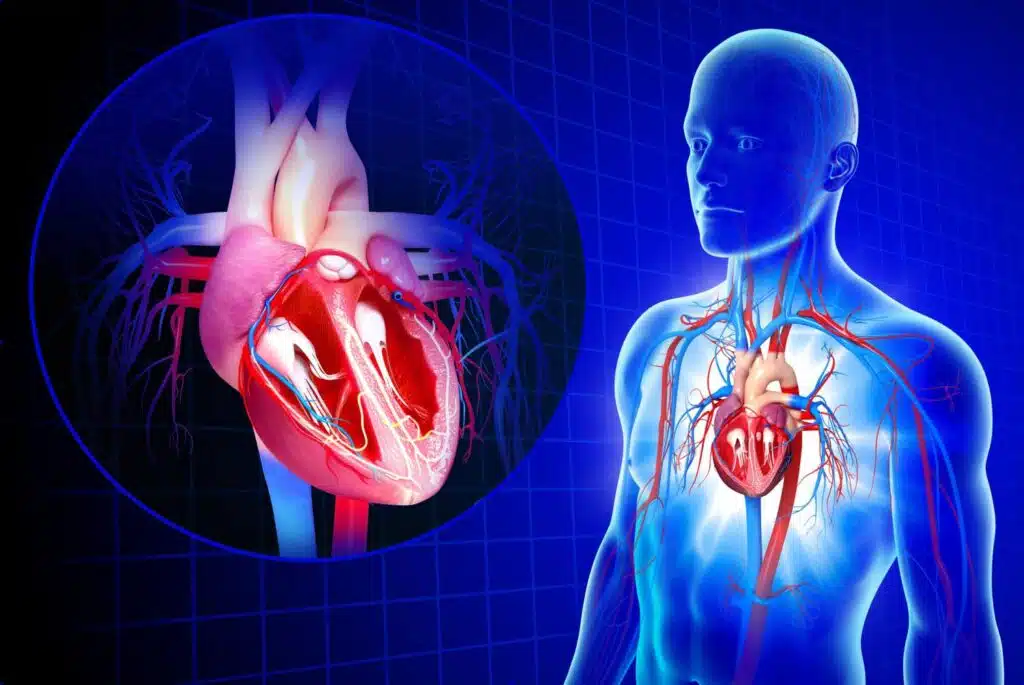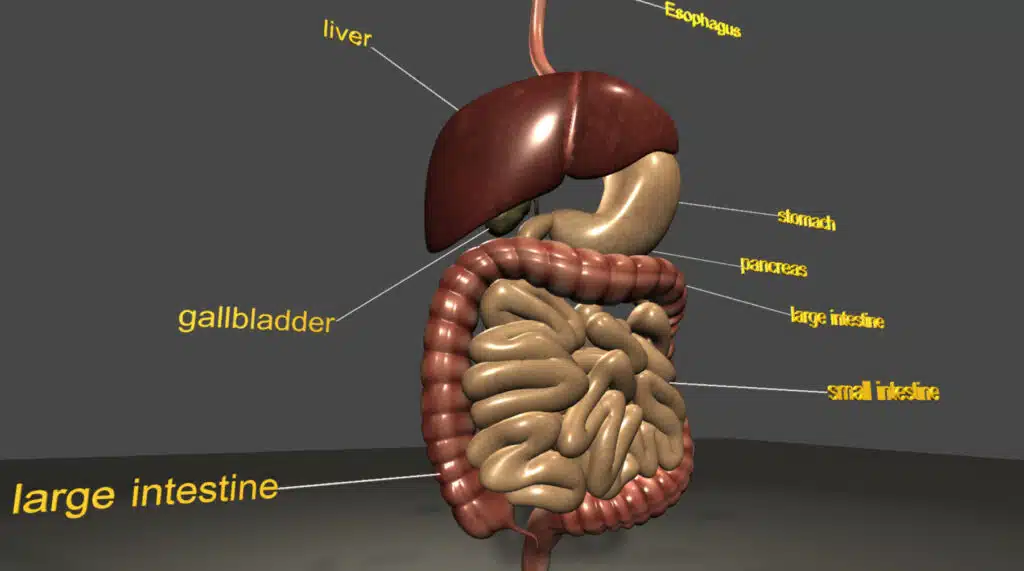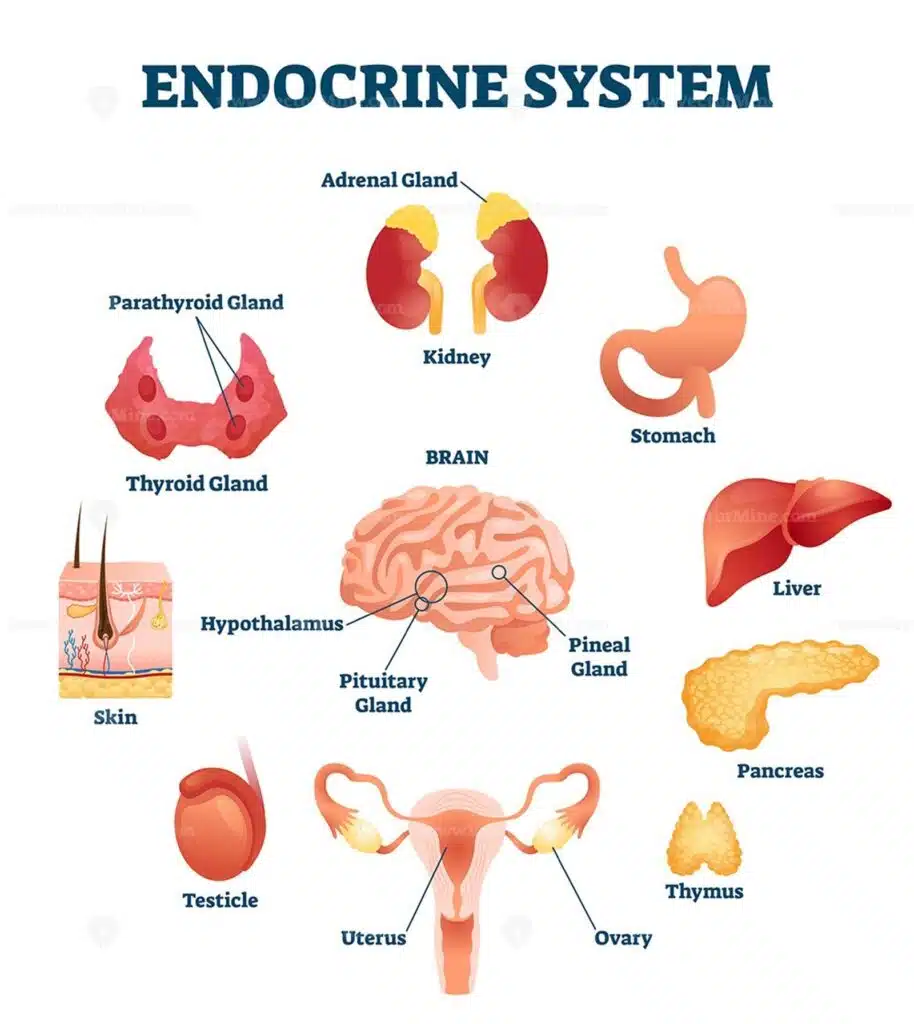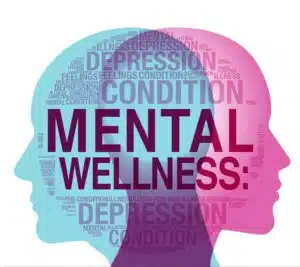Lifestyle, stress relief
The Consequences of Stress on the Body
Stress often takes a bigger toll on our body than we realize. Those of us that work a stressful job and lead lives of high responsibility often live in an everyday stressful state. This chronic and perpetual state of stress can lead to the following:
1. Cardiovascular System
Stress triggers the release of stress hormones like cortisol and adrenaline, which can increase heart rate and blood pressure. Over time, chronic stress can contribute to the development of cardiovascular issues like hypertension, heart disease, and an increased risk of stroke.
2. Immune System
Stress can suppress the immune system’s response, making the body more vulnerable to infections and illnesses. Chronic stress may lead to an increased susceptibility to various diseases.
3. Digestive System
Stress can disrupt digestion and lead to issues like indigestion, irritable bowel syndrome (IBS), and other gastrointestinal problems. It can also exacerbate existing conditions like ulcers and inflammatory bowel disease.
4. Endocrine System
Prolonged stress can disrupt the balance of hormones in the body. This can impact various bodily functions, such as metabolism, reproductive health, and energy regulation.
5. Mental Health
Stress is closely linked to mental health problems such as anxiety and depression. Chronic stress can contribute to the development of these conditions or worsen existing ones. It can also affect cognitive functions like memory and concentration.
6. Sleep
Stress often leads to sleep disturbances, including difficulty falling asleep, staying asleep, or experiencing restful sleep. Lack of quality sleep can further exacerbate stress, creating a cycle that’s hard to break.
7. Weight Gain
Stress can trigger emotional eating and cravings for unhealthy foods, leading to weight gain. Additionally, stress hormones can promote fat storage, especially around the abdominal area.
8. Musculoskeletal System:
Stress can cause muscle tension and contribute to conditions like tension headaches, migraines, and chronic pain. It can also worsen conditions like back pain.
9. Skin Conditions
Stress can exacerbate skin conditions such as acne, eczema, and psoriasis. It can also slow down the healing process for wounds and other skin issues.
10. Reproductive System
In both men and women, chronic stress can impact reproductive health. In women, it may disrupt menstrual cycles, fertility, and overall reproductive function. In men, it can affect sperm production and libido.
12. Aging
Chronic stress has been associated with accelerated aging at the cellular level, which can manifest as premature aging of the skin and increased risk of age-related diseases.
It’s important to note that not everyone will experience the same effects of stress, and individual responses can vary. Additionally, not all stress is harmful; some short-term stress responses can actually be beneficial in certain situations. However, when stress becomes chronic and overwhelming, it can significantly impact overall well-being. Managing stress through techniques such as mindfulness, relaxation exercises, regular physical activity, and seeking support from friends, family, or professionals can be beneficial in mitigating its negative effects on the body.
Methods to reduce stress levels
1. Practice Mindfulness and Meditation:
Engage in mindfulness meditation or deep breathing exercises to calm your mind and relax your body. These techniques can help you stay present and reduce anxiety.
2. Regular Physical Activity:
Engaging in regular exercise can help release endorphins, which are natural mood lifters. Activities like walking, jogging, yoga, and swimming can be especially effective in reducing stress.
3. Maintain a Healthy Lifestyle:
Eat a balanced diet, get adequate sleep, and avoid excessive consumption of caffeine and alcohol. A healthy lifestyle can improve your overall resilience to stress.
4. Time Management:
Organize your tasks and prioritize them. Effective time management can help prevent feelings of being overwhelmed and give you a sense of control over your responsibilities.
5. Set Realistic Goals:
Avoid setting overly ambitious goals that might lead to stress and disappointment. Break larger tasks into smaller, manageable steps to reduce the feeling of being overwhelmed.
6. Practice Relaxation Techniques:
Engage in activities you find relaxing, such as reading, listening to music, taking a warm bath, or spending time in nature.
7. Social Support:
Connect with friends, family, and loved ones. Talking about your feelings and concerns can provide emotional support and help you feel less isolated.
8. Limit Screen Time
Excessive use of screens, especially on social media and news platforms, can contribute to stress. Take breaks from screens and engage in offline activities.
9. Learn to Say No
It’s important to set boundaries and avoid over committing yourself. Learning to say no when you’re already overwhelmed can prevent added stress.
10. Engage in Hobbies
Pursue activities you enjoy and that bring you pleasure. Engaging in hobbies can provide an outlet for stress and promote feelings of accomplishment.
11. Practice Problem-Solving
When faced with a challenge, break it down into smaller parts and come up with practical solutions. Problem-solving can help you feel more in control.
12. Seek Professional Help
If your stress becomes overwhelming or chronic, consider seeking help from a mental health professional. Therapy and counseling can provide you with effective coping strategies and support.
13. Journaling
Writing down your thoughts and feelings can help you process emotions and gain clarity. It can also serve as a way to track patterns of stress and identify triggers.
14. Practice Gratitude
Focus on the positive aspects of your life by regularly acknowledging and appreciating what you’re grateful for. This can shift your perspective and reduce negativity.
Conclusion:
Relieving stress can be harder said than done, so supplementation for those with chronic stress can definitely help. Ashwagandha is a powerful all natural plant and adaptogen that is commonly and effectively used for stress relief. It has also been shown to sharpen focus and memory. A great brand I highly recommend is by Futurebiotics, which comes in an extra strength 3,000 mg capsule form. It is Amazon’s recommended choice of ashwagandha, and has 4.5 stars out of 5 based on over 15,000 ratings. You can purchase yours here using the link below:












